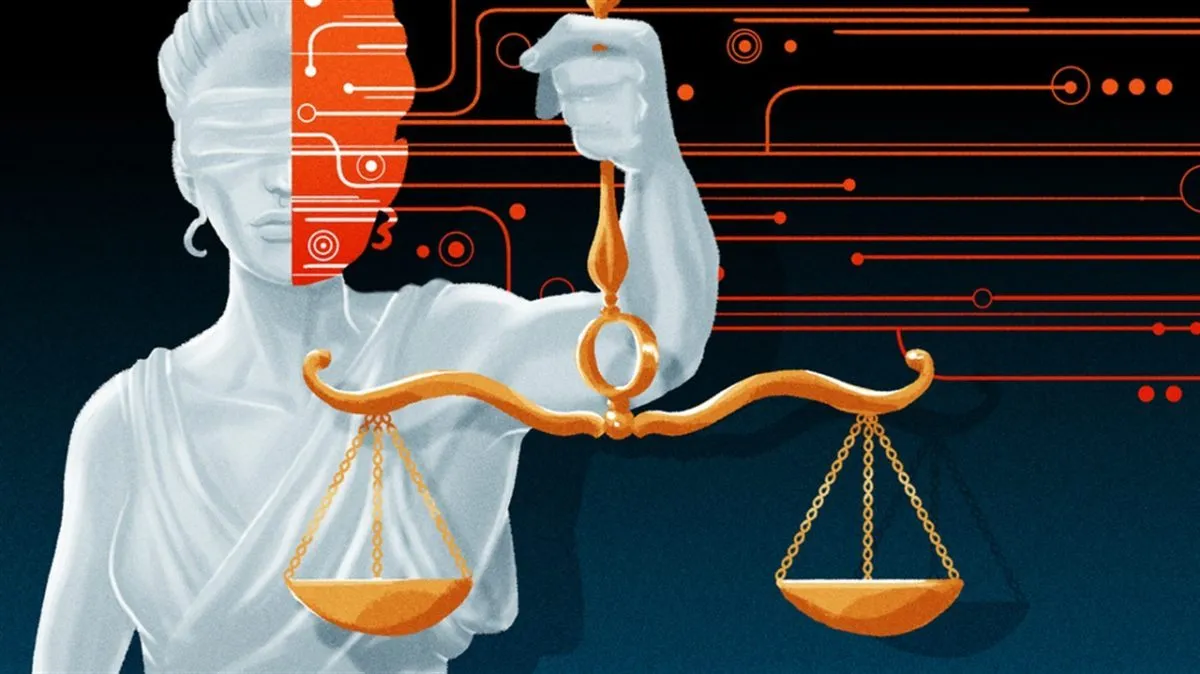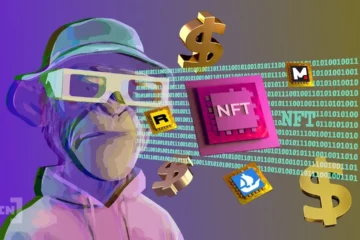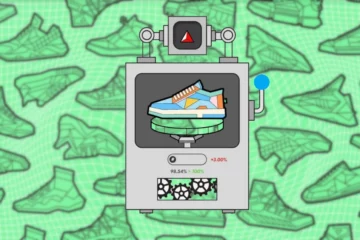When you create a token on the blockchain, you not only link some piece of art to the NFT but also create a smart contract that specifies all the rights and obligations of users of the site where the transaction is made. For the site, it is imperative, first of all, to protect itself from claims and litigation by users. Therefore, in smart contracts and offers with exchanges, you can hardly find detailed descriptions of the buyer and seller’s rights. And what’s more, in the offer with the stock exchange, you will most likely come across the phrase “the authors and buyers of paintings bear full responsibility.”
In Russia, digital art has been regulated at the state level since 2019. It is better to learn from a lawyer how things are with this issue in each country.
Now the following concepts are prescribed in the legislation: a smart contract, a token, an electronic form of a transaction, and taxes on digital assets. And this means that in the Russian Federation, the offers signed by you on digital platforms are valid. And you can safely defend your rights to NFT in court.
Buyer’s NFT Rights
On many trading platforms, authors can make minor changes to the smart contract. NFT rights are transferred to a particular buyer depending on a particular exchange. Most often, a buyer can do the following with crypto art:
- resell on the same site;
- show to friends and acquaintances;
- keep in your collection.
At the same time, he cannot arrange exhibitions and use the purchased art for commercial purposes. But it all depends on each specific exchange. The sites themselves do not prohibit the creation of civil law contracts, where you can specify the specific rights and obligations of the parties. Prominent players in the NFT industry, in order to preserve their copyrights and allocate special rights to the buyer, resort to this method, and, of course, it is better to create such an agreement. With this question, you can quickly contact our lawyer.




